When it comes to estate planning, many people are familiar with wills. However, there’s another powerful estate planning tool you need to consider. US Bank makes the case that a revocable trust might be the right choice for your estate planning needs.
What Is a Revocable Trust?
A revocable trust is a legal arrangement where you (the grantor) transfer ownership of your assets into a trust. You can manage and amend the trust during your lifetime. Upon your death, your trust bypasses probate and manages the funds per your set conditions. This gives you much more control over your finances, even after you pass away.
Why Should You Consider a Revocable Trust?
Avoiding probate is one of the most significant benefits of a revocable trust. Probate can be lengthy, costly and public, meaning anyone can see what assets were passed on and to whom. A revocable trust keeps your estate private and quietly distributes your assets according to your wishes.
Do Trusts Provide Tax Benefits?
While the primary tax benefits are associated with irrevocable trusts, revocable trusts offer some advantages. For example, you can potentially manage your estate to reduce estate taxes.
By planning ahead, you can make strategic decisions about asset distribution that might minimize tax liabilities for your heirs. Revocable trusts also allow you to consolidate assets. This simplifies management and distribution, which may facilitate efficient tax planning.
Can a Trust Specify How Assets are Used?
You can use a revocable trust to control who uses your assets, what they use them for and when. For example, you might stipulate that funds should only be used for education or medical expenses. You may also schedule multiple payouts over time if you’re concerned about a beneficiary inheriting a large lump sum.
What Happens If You Become Sick or Disabled?
A key limitation of wills is that they only take effect after your death. On the other hand, a revocable trust can also protect you if you become incapacitated. If you’re unable to manage your affairs, your designated trustee can step in. Depending on the terms of the trust, they can use funds to manage your assets, pay bills and handle financial responsibilities.
How Flexible Is a Revocable Trust?
Revocable trusts provide the flexibility to adapt your estate plan as needed. Whether you have new grandchildren, changes in your financial situation, or new charitable interests, you can amend your trust to reflect your current wishes and circumstances.
Incorporate Revocable Trusts In Your Estate Plan
Estate planning is essential to protect your wishes and those of your loved ones after you’re gone. If you want to set up a revocable trust, our team is here to help. Contact Us today to schedule a consultation and learn more about your options.
Key Takeaways
- Streamline Inheritance: Revocable trusts help you avoid probate and potentially reduce tax burdens.
- Asset Control: Use a revocable trust to set specific conditions for beneficiaries to use your assets.
- Incapacity Protection: Trusts can help manage your affairs if you become ill or disabled.
- Flexibility: Amend the trust as your circumstances or wishes change.
Reference: US Bank “5 potential benefits of a trust”

